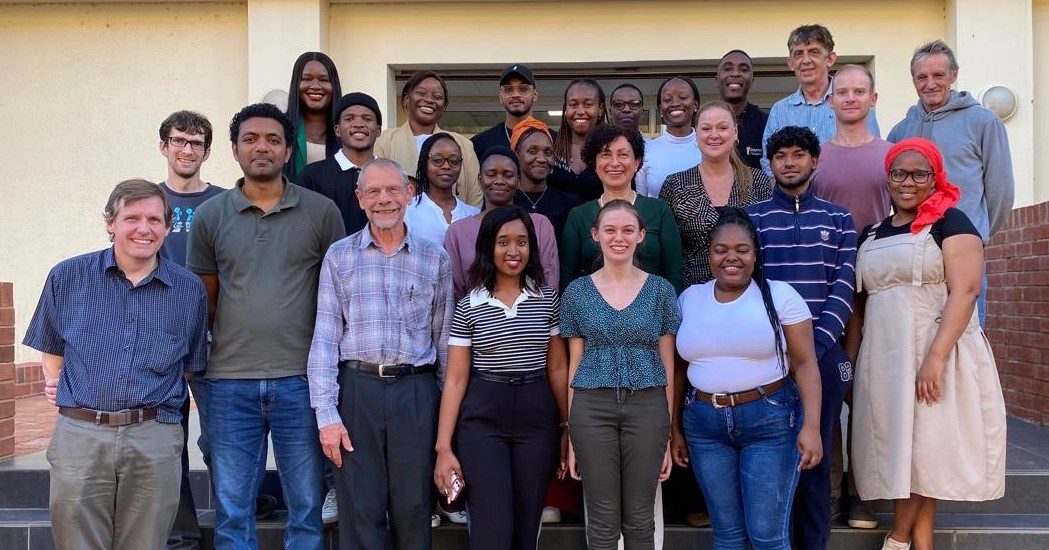By Staff Reporter
Bioinformatics, though relatively new compared to biochemistry and microbiology, is revolutionising the analysis of large biological datasets using cutting-edge computer technology. To honour its importance, Rhodes University has renamed its Department of Biochemistry and Microbiology to include Bioinformatics.
This vibrant bioinformatics field intertwines biological sciences and computer science, offering a broad range of applications from genome sequencing to drug discovery. Its interdisciplinary nature not only develops innovative methods and software tools for biologists but also fuels a global surge in bioinformatics research and development.
In 2016, the field’s importance was highlighted by a statistic: a third of the 20 most cited papers in the previous 20 years were in bioinformatics. As a result, bioinformatics graduates are highly sought after in various industries, making it a popular choice among Rhodes University students.
At Rhodes University, the bioinformatics journey began in February 2010 with the establishment of a small laboratory for postgraduate students, which was repurposed from a storage space and named the Rhodes University Bioinformatics (RUBi) Research Laboratory. By 2013, RUBi had evolved into a full-fledged research unit. Now in its 15th year, coinciding with Rhodes University’s bidecacentennial anniversary, RUBi’s remarkable achievements prompted renaming the Department of Biochemistry and Microbiology to the Department of Biochemistry, Microbiology, and Bioinformatics. This name change distinguishes Rhodes University as the only institution in South Africa with bioinformatics in its department name, providing unique opportunities for attracting postgraduate students.
The bioinformatics research focus at Rhodes University is centred on drug research and development, tackling challenges such as drug resistance and toxicity at the atomic level. Projects range from discovering new drug compounds for various diseases to understanding drug metabolism through pharmacogenomics. These endeavours are supported by prestigious funding agencies, including Novartis, GlaxoSmithKline, the South African Medical Research Council (R3,347,999), the Bill & Melinda Gates Foundation, Malaria Medicine Venture, African Academy of Sciences ($100,000), and the Novo Nordisk Foundation (€412,851.34).
Under the leadership of Professor Özlem Tastan Bishop, Director of RUBi, bioinformatics has made significant research contributions to the Department. A dynamic one-year Master’s degree in Bioinformatics is offered, complete with coursework, and a rigorous PhD programme by research thesis. RUBi has proudly graduated 25 PhD and 52 MSc students, many of whom have gone on to become academic staff in various African countries or to pursue careers in the pharmaceutical industry.
The creation of the Department of Biochemistry, Microbiology, and Bioinformatics marks a significant milestone in Rhodes University’s 120-year history of academic excellence. Despite its small size and rural location, the University continues to push the boundaries of research and innovation, solidifying its reputation as a hub for world-class, cutting-edge research.
This article was first published by the Rhodes University Communication Division.


